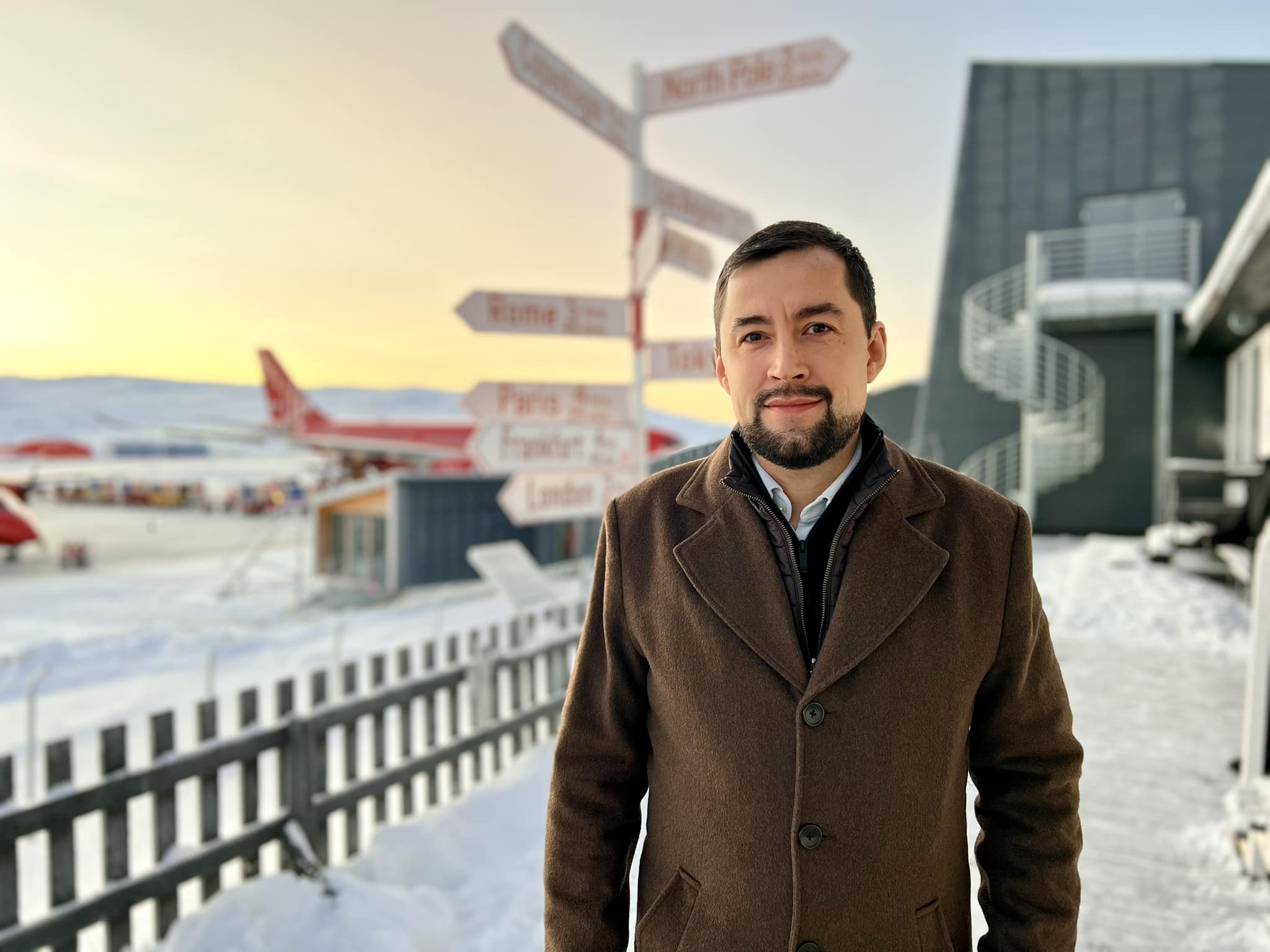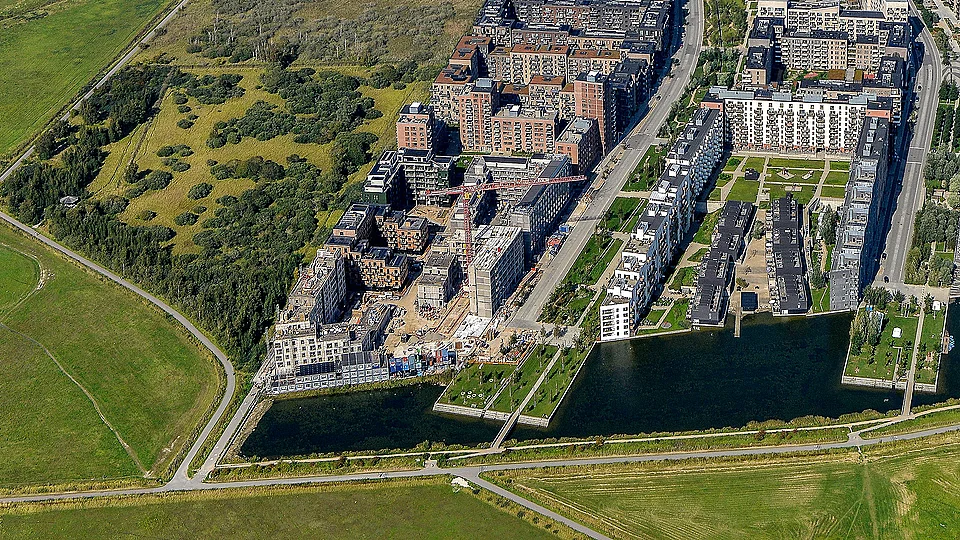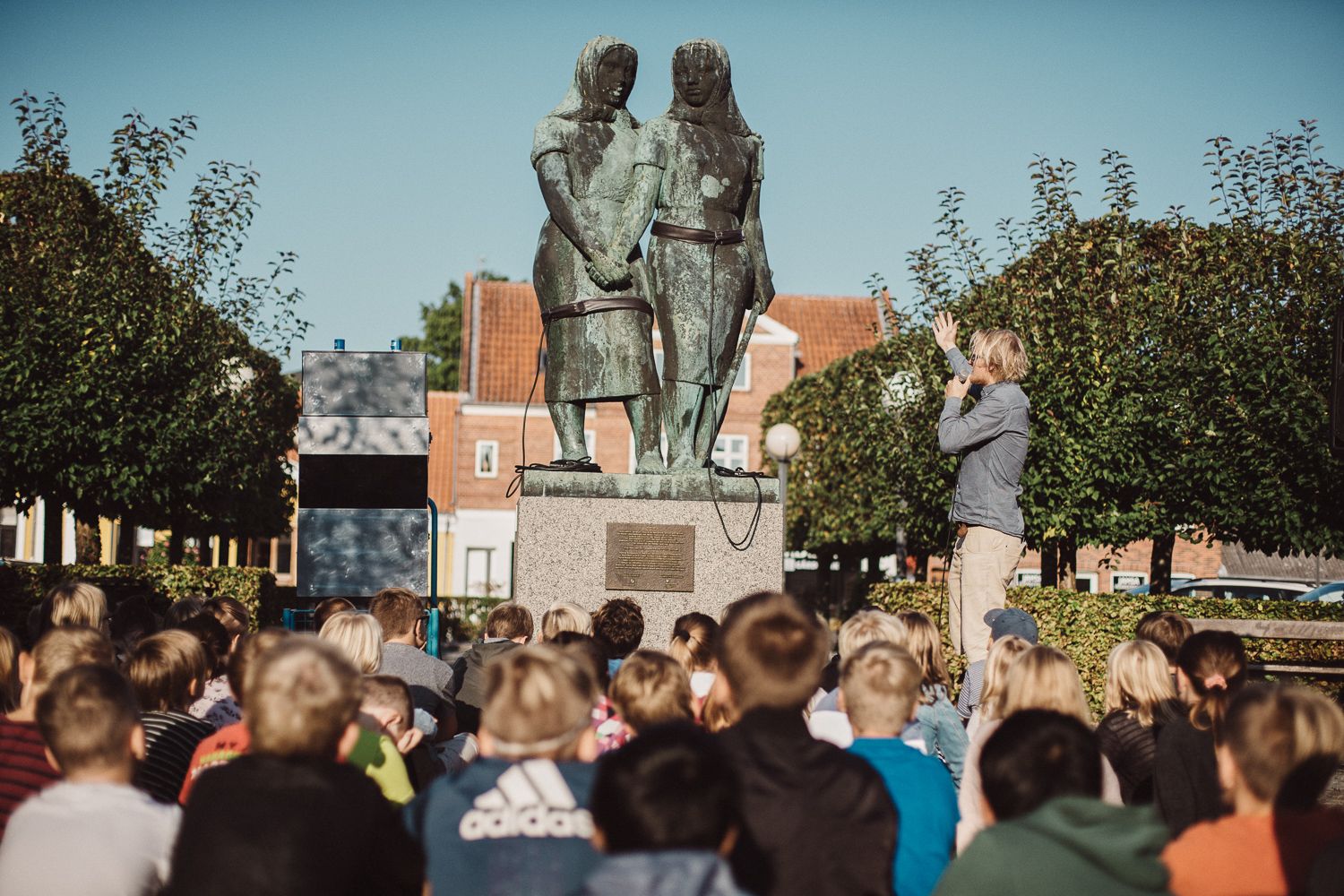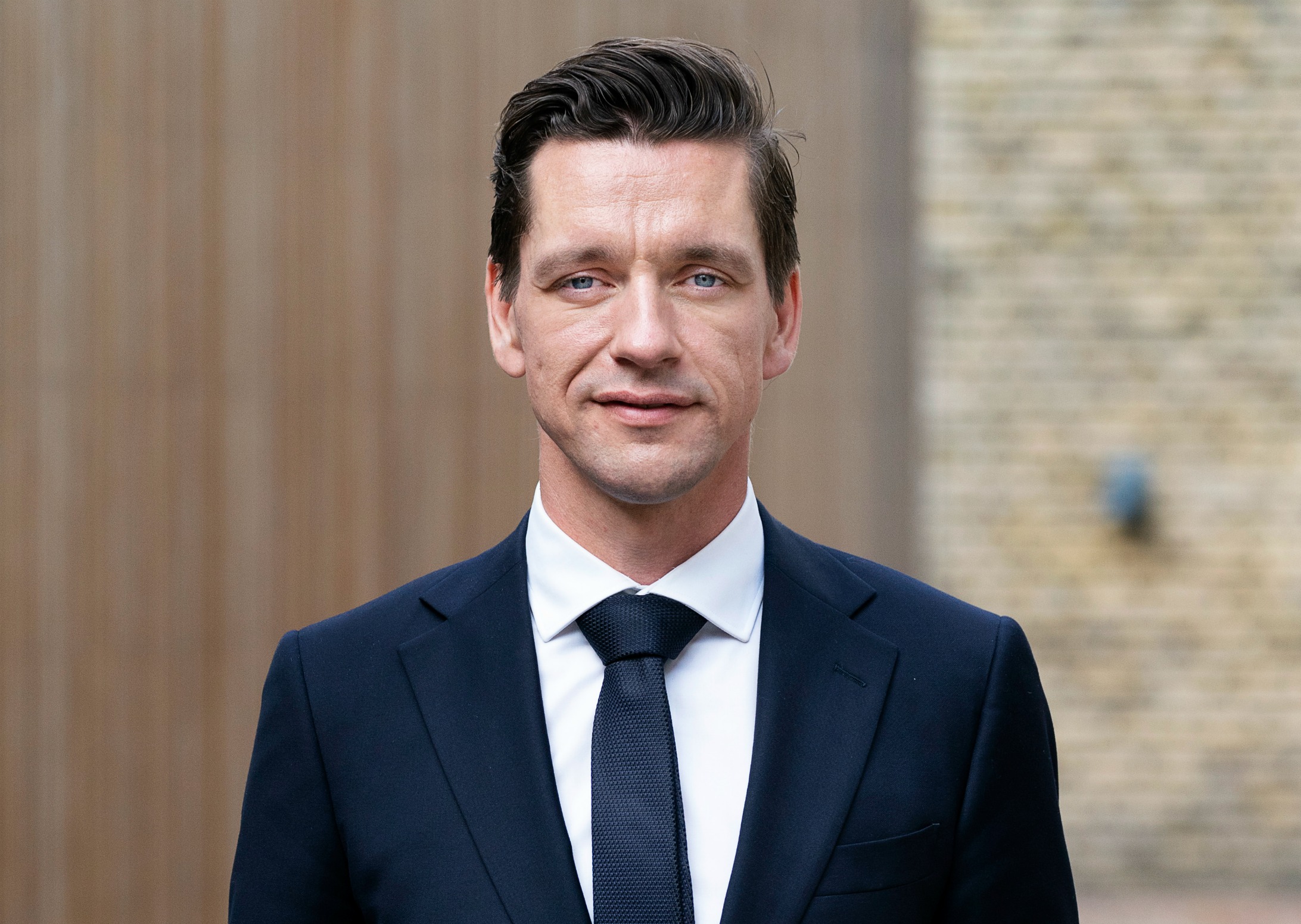Afghanistan will continue to receive financial support from Denmark to support its military and police after the withdrawal of Nato troops in 2014, the foreign minister, Villy Søvndal, said in Bonn yesterday.
Søvndal was speaking before the start of an international conference of 90 countries who had gathered to discuss the future of the war-torn country. It was agreed that financial support for the Afghan security forces would continue until 2024, the year the IMF believes Afghanistan will become self-sufficient due to revenue from its mineral wealth.
Before the meeting, Afghanistan’s president Hamid Karzai said the country needed $5 billion (275 billion kroner) a year, of which Denmark is reportedly going to contribute 20 billion kroner over the first three years, to support its security forces.
But after the meeting, Søvndal did not confirm how much money Denmark would contribute.
“We have to invest massively in Afghanistan but it’s far too early to start playing with numbers,” Søvndal said. “It will depend on how quickly Afghanistan’s economy develops.”
Søvndal added that Denmark would also continue to support health and education in Afghanistan.
“Ten years ago, only a million Afghan children were in school. Now there are between seven and eight million thanks in part to the Danish support,” Søvndal said, adding that completely ending Danish support would “risk that everything that we have so far contributed would be wasted”.
Despite pledges to continue support for the Afghan security forces long after the withdrawal of Nato troops, concerns have already started to mount about the effect of dwindling aid from donor nations due to the debt crisis.
According to the Guardian, American aid has fallen from $3.5 billion to $2 billion (19 billion kroner to 11 billion kroner), of which projects to support ‘rule of law’ have dropped from $43 million to $16 million (236 million kroner to 88 million kroner).
Despite this, Simon Gass, Nato's top civilian representative, told the Guardian that there were several reasons why Nato countries should continue to support the efforts in Afghanistan.
"The first is that the costs after 2014 will be a fraction of what we are spending now because of the large number of troops. Second, Afghanistan will still be one of the poorest countries on earth and would under any circumstances attract a lot of financial help. Third, if we do not fund Afghanistan, for example by not paying for the Afghan security forces, we will put at risk all we have achieved in the last ten years,” Gass said.
"This is a matter of self interest, not philanthropy. If Afghanistan turned back to chaos, our countries would face flows of drugs and migrants, as well as instability in a sensitive part of the world."
But not everyone believes that merely providing financial support will be enough to prevent Afghanistan from falling into a civil war after the withdrawal of Nato troops.
“The Taleban is just waiting for Nato’s withdrawal and it’s likely that they will try to regain power,” Rashed Rahman, editor of the Pakistani newspaper Daily Times, told Berlingske newspaper. “They will meet strong resistance from the part of the Afghan population that doesn't support the Taleban and then we will probably witness an extended civil war in Afghanistan.”
Rahman added that a civil war would prove devastating not only for the Afghan people but also for neighbouring countries who would also suffer from an extended conflict.
“I think that the USA and Nato need to maintain a presence until one of two things are in place: either that the Afghan army becomes viable or, if that’s not possible, a political deal is put in place with the Taleban,” Rahman told Berlingske.
While Rahman did not express much faith in the Afghanistan’s military to maintain control of the country, Søvndal still argued it was worth paying to “protect investments that have been made in Afghanistan that we have paid a high price for”.
Denmark currently has 750 soldiers in Afghanistan. Since 2002, the country has lost 42 troops there.













